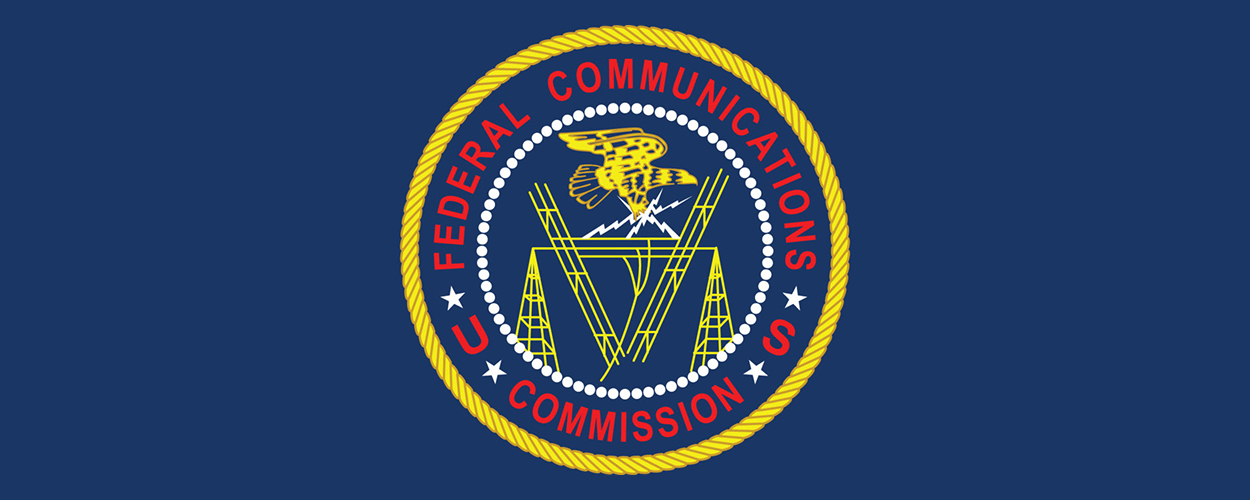This website uses cookies so that we can provide you with the best user experience possible. Cookie information is stored in your browser and performs functions such as recognising you when you return to our website and helping our team to understand which sections of the website you find most interesting and useful.
Business News Legal Media
FCC questions the majors about their anti-payola policies
By Chris Cooke | Published on Thursday 23 January 2020

US media regulator the Federal Communications Commission has written to all three major record companies asking them a bunch of questions about the practices and policies they employ in relation to payola, ie bribing your way onto the playlists of traditional radio stations.
Such bribes are legendary in the record industry of old, but securing airplay this way often breaches broadcasting rules that seek to ensure there is a divide between editorial and advertising on air. In the US the most relevant rules come from the Federal Communications Act.
Although attempts to crack down on payola in the US radio sector date back to the 1960s, the whole thing was headline news most recently in 2004 when then New York Attorney General Eliot Spitzer went after the record companies and radio networks on this issue. Fines were paid and commitments to do better were made by both labels and stations.
Then last year the FCC contacted trade body the Recording Industry Association Of America to ask for its help in assessing if payola was still, in fact, common practice today. The regulator’s letter to the RIAA in September followed a report in Rolling Stone a month earlier which concluded that payola lives on in the world of radio promotions Stateside, just in a more sophisticated form.
After receiving its letter from FCC Commissioner Michael O’Rielly last year, the RIAA seemingly suggested he contact the labels directly. Hence his letter this month to the majors.
“Federal law restricts payola because it can constitute a harmful and anti-competitive practice”, he writes in that correspondence. “Specifically, the exchange of money, service, or other consideration for broadcast airtime without proper notification to the listening public may unfairly manipulate the market or skew the benchmarks that measure the popularity of musical or other entertainment recordings”.
He goes on: “Such practices, in turn, create unfair financial advantages for some, to the detriment of others. Additionally, artificially and secretly facilitating the commercial success of certain performers – or their management – at others’ expense disadvantages American consumers by undermining access to artists they might otherwise prefer”.
Of course in the social-media-UGC-streaming-age, bribing a radio station to play your record all seems quite antiquated. Especially when you consider the streaming scams that not only allow artists to artificially boost their listening stats for marketing purposes, but also enable the scammers, or their clients, to directly profit from their scamming. All because of the way streaming income is shared out between all the labels and distributors.
O’Rielly acknowledges the changing world in his letter. US rules on payola are not perfect, he concedes. “Despite competing for the same listeners, the US radio industry finds itself subject to payola restrictions when alternative technologies, such as streaming, internet radio, podcasts and other commercial audio distribution platforms, do not. This asymmetric treatment has an impact on the radio industry’s financial well-being, perhaps even affecting its long-term sustainability”.
“Moreover”, he adds, “as the lines between these different technologies are becoming more blurred each day, the compliance difficulties facing dynamic radio companies that deliver content via multiple distribution methods and those that interact with them increase as well”.
With all that in mind, O’Rielly reveals, the FCC is considering how it might “update laws and regulations to keep pace with the current marketplace”. But to do that, he says, it’s important to understand the music industry’s current practices “regarding anti-payola compliance”.
He then asks the labels six specific questions, asking that they reply by the end of next month.





